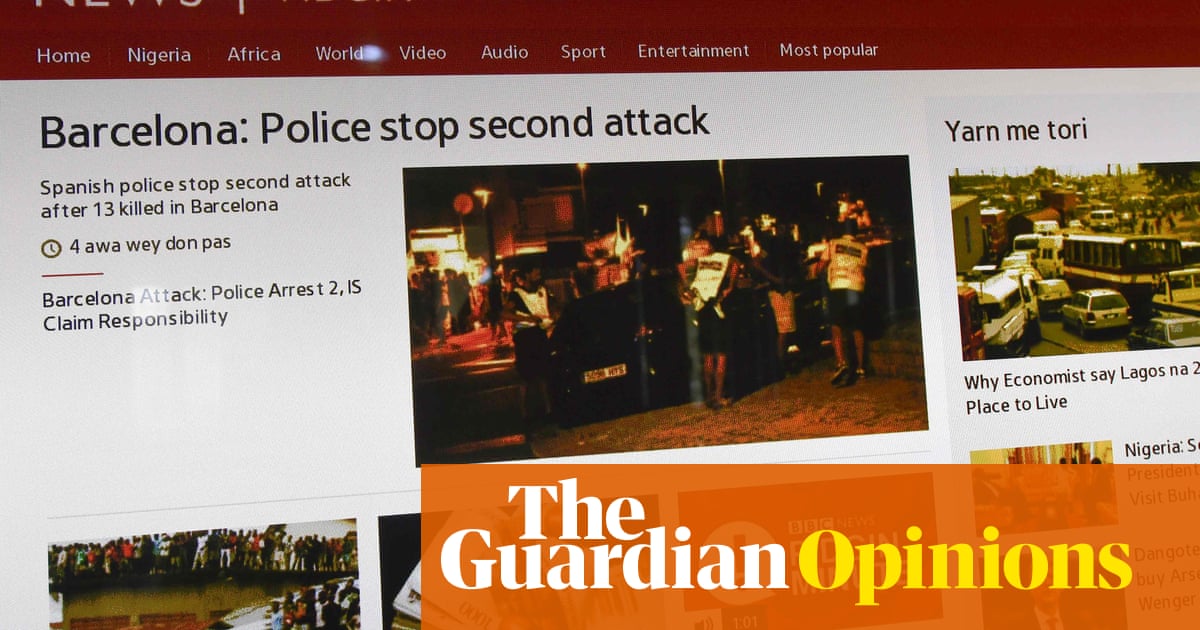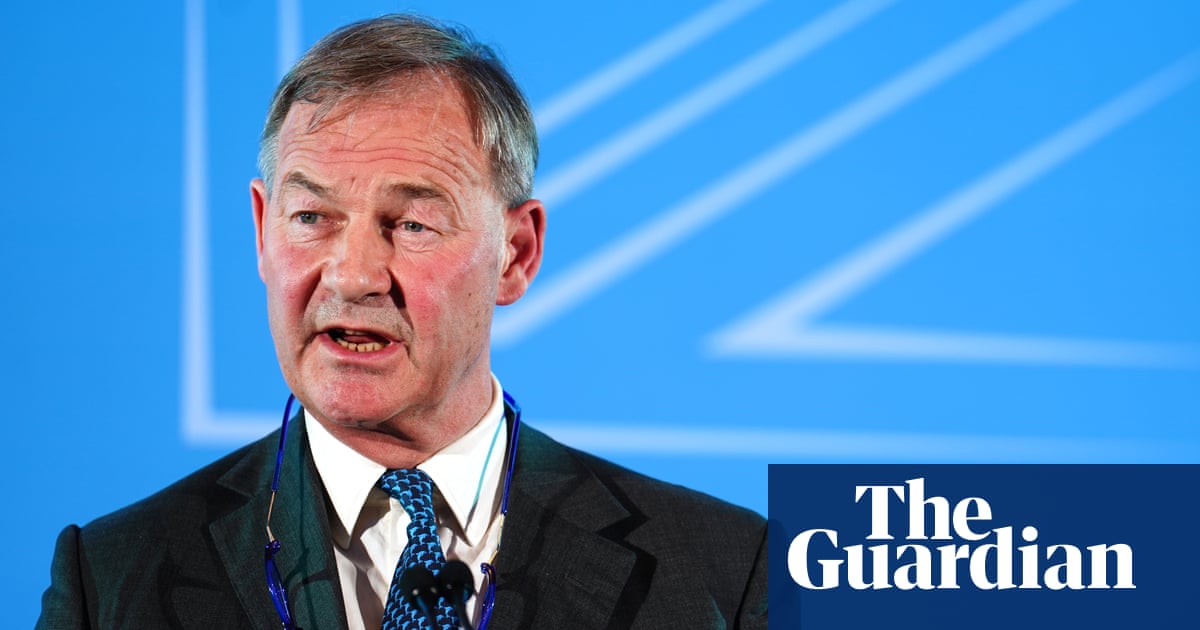The EU’s highest court has cancelled a decision to withhold Ursula von der Leyen’s text messages with a pharmaceutical executive during the pandemic, in a significant defeat for the commission president.
The European court of justice on Wednesday annulled a decision taken by the European Commission in November 2022 to deny the New York Times access to the messages, after a freedom of information request by the paper.
The court said that, in its refusal, the commission did not respect the EU’s access to documents law. In a withering assessment it said the commission had “not given a plausible explanation to justify the non-possession of the requested documents”.
It was not immediately clear if the commission, which still has the right to appeal, would release the messages. In a statement that it would “closely study” the ruling, the EU executive suggested it still intended to block access to the texts, saying it would “adopt a new decision [on the FoI request] providing a more detailed explanation”.
Despite those questions, the decision is a defining moment for von der Leyen, who is a few months into a second five-year term as head of the EU executive. While praised as a crisis manager, von der Leyen has also faced frequent criticism for her top-down management style and been accused of lacking transparency.
In January 2023, the New York Times and its then Brussels bureau chief, Matina Stevis-Gridneff, started the case to challenge a commission decision not to release the text messages.
The paper had reported the existence of the text messages exchanged between von der Leyen and the Pfizer chief executive, Albert Bourla, in an article that included interviews with both.
Von der Leyen’s personal diplomacy was said to have unlocked 1.8bn doses of the Pfizer/BioNTech vaccine at a moment when the EU was falling behind the UK and Israel in the race to secure jabs. Critics later alleged the commission had overpaid for the vaccines after it emerged that Pfizer had increased its prices to €19.50 a shot, compared with €15.50.
An investigative journalist, Alexander Fanta, asked the commission in May 2021 to release the text messages under the EU’s freedom of information rules. After the commission refused, he took the case to the European Ombudsman, who found the commission guilty of maladministration.
Von der Leyen’s texts, Fanta wrotein the Guardian, might “help to answer questions such as why the EU became Pfizer’s single biggest customer but reportedly paid a much steeper price”.
The New York Times applied to see the text messages in May 2022 and went to court to challenge the commission’s refusal. The court’s negative verdict was not unexpected, as judges had criticised commission lawyers’ responses during hearings last year.
The commission had claimed the texts were sent only to coordinate meetings, but its lawyers admitted they had not seen the messages and could not say whether they still existed.
after newsletter promotion
On Wednesday, the court said the commission had “not sufficiently clarified” whether the messages had been deleted and, if so, whether that “was done deliberately or automatically”, or whether the president’s phone had been replaced in the meantime.
Alberto Alemanno, an EU law professor at HEC Paris Business School, said the result would promote greater accountability of EU leaders. “This judgment provides a fresh reminder that the EU is governed by the rule of law, with its leaders subject to the constant scrutiny of free media and of an independent court.”
Transparency International said it was a landmark ruling that “makes clear that the commission’s contradictory approach to transparency cannot stand”.
A New York Times spokesperson said: “Today’s decision is a victory for transparency and accountability in the European Union, and it sends a powerful message that ephemeral communications are not beyond the reach of public scrutiny.”

 3 hours ago
7
3 hours ago
7













































